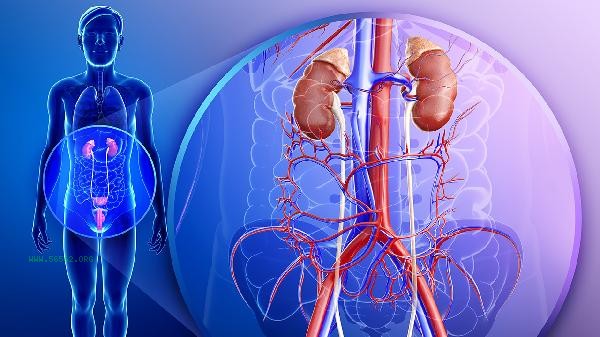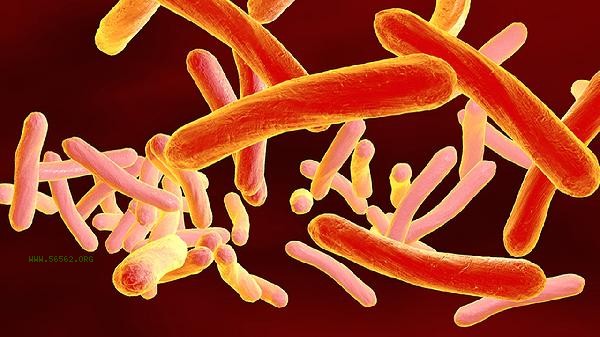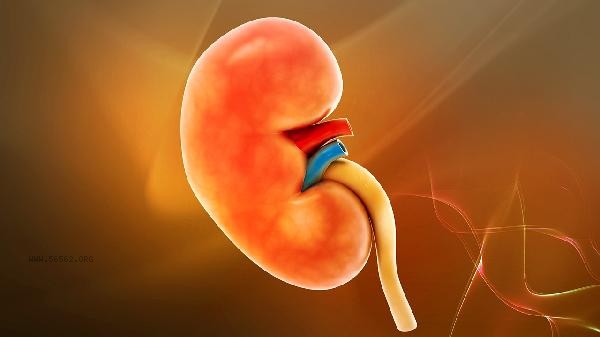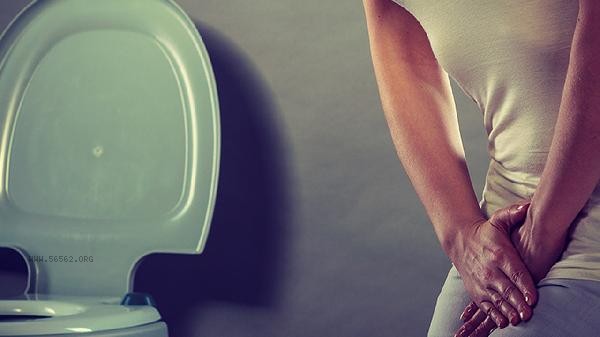After resection of the kidney and ureter for ureteral cancer, the survival of patients depends on the stage of the cancer, treatment methods, and individual differences. Patients who are detected and treated early have a 5-year survival rate of 60% -80%. The survival period is influenced by various factors, including cancer staging, postoperative care, lifestyle habits, etc.

1. Cancer staging
The staging of ureteral cancer is a key factor affecting survival. Early stage I and II patients have cancer cells limited to the ureter or kidney, and have a better prognosis after surgical resection with a higher 5-year survival rate. In advanced stage III and IV patients, cancer cells may have spread to surrounding tissues or distant organs, and even if surgically removed, the survival rate will be significantly reduced. Postoperative adjuvant therapy such as chemotherapy or radiotherapy is necessary to improve survival rate.
2. Treatment Methods
Surgery is the main treatment for ureteral cancer, including nephroureterectomy and partial cystectomy. Postoperative adjuvant therapy may be necessary depending on the condition, such as chemotherapy, radiation therapy, or immunotherapy. Chemotherapy drugs such as cisplatin and gemcitabine can inhibit the growth of cancer cells; Radiotherapy can locally control tumors; Immunotherapy such as PD-1 inhibitors can enhance the body's anti-tumor ability. Comprehensive treatment can effectively prolong survival.

3. Postoperative care
Postoperative care is crucial for patient recovery and survival. Patients need to undergo regular follow-up examinations to monitor tumor recurrence or metastasis. Diet should include high protein, low-fat, and vitamin rich foods such as fish, lean meat, vegetables, and fruits to enhance immunity. Avoid bad habits such as smoking and drinking to reduce the risk of cancer recurrence. Moderate exercise such as walking, yoga, etc. can help improve physical function.
4. Lifestyle Habits
Healthy lifestyle habits can improve prognosis. Maintain a regular schedule and avoid overexertion; Maintain a happy mood and reduce psychological pressure; Avoid contact with carcinogenic substances such as chemical toxins, radiation, etc. Regular physical examinations can help detect potential problems early and intervene in a timely manner. After resection of the kidney and ureter for ureteral cancer, the survival of patients is influenced by various factors. Early detection, standardized treatment, scientific nursing, and healthy living are key to prolonging survival. Patients should actively cooperate with treatment, undergo regular check ups, and maintain good lifestyle habits to improve their quality of life.









Comments (0)
Leave a Comment
No comments yet
Be the first to share your thoughts!